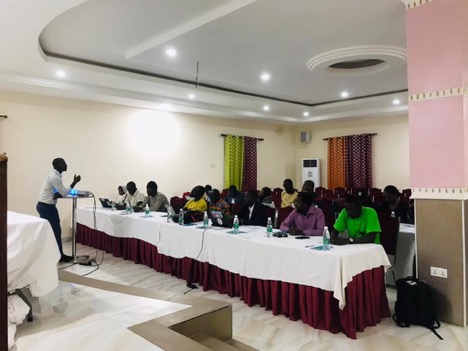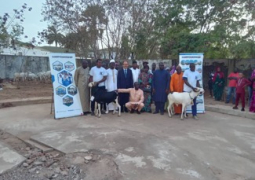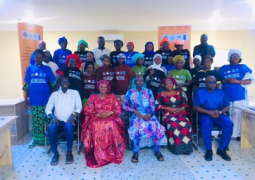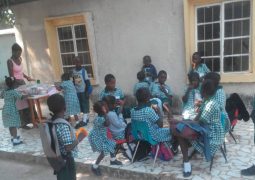
The participants were drawn from a network of youth associations (an average of four leaders per region) from the Upper River Region, Central River Region, North Bank Region, West Coast Region and Kanifing Municipality.
The young leaders were selected from among those who had attended a previous training on MIL organized by UNESCO as part of the Peace Building Fund project entitled ‘Young Women and Men as Stakeholders in Ensuring Peaceful Democratic Processes and Advocates for the Prevention of Violence and Hate Speech.’
Following the training programme, the young leaders used their MIL knowledge to create audio and video content in English and local languages on various MIL topics to stimulate tolerance and raise awareness about hate speech and misinformation.
The Gambia has recently emerged from a presidential election – the country’s first since the fall of Yahya Jammeh’s 22-year brutal dictatorial regime in December 2016 – and a National Assembly election that has reinforced the country’s democratic transition.
However, ethnic tensions and divisions in the country have been thrust back into the spotlight following the divisive identity politics that dominated the campaign seasons in the heat of the elections.
Even though the polls are over, there are still existing weak fault lines, which are feeding heated online/offline conversations and leading to the spread of misinformation, hate speech and propaganda.
With guidance and supervision from UNESCO and a 5-member evaluation committee constituted as part of the project, the young Gambian leaders were given a platform to contribute to national discussions around politics, development and ethnic-induced hate speech and disinformation.
FactSpace West Africa is expected to organize a launch event where the multimedia content produced would be out doored at the University of the Gambia (UTG), and subsequently published on traditional and social media to help increase the reach of the message promoting civic tolerance among Gambians.





